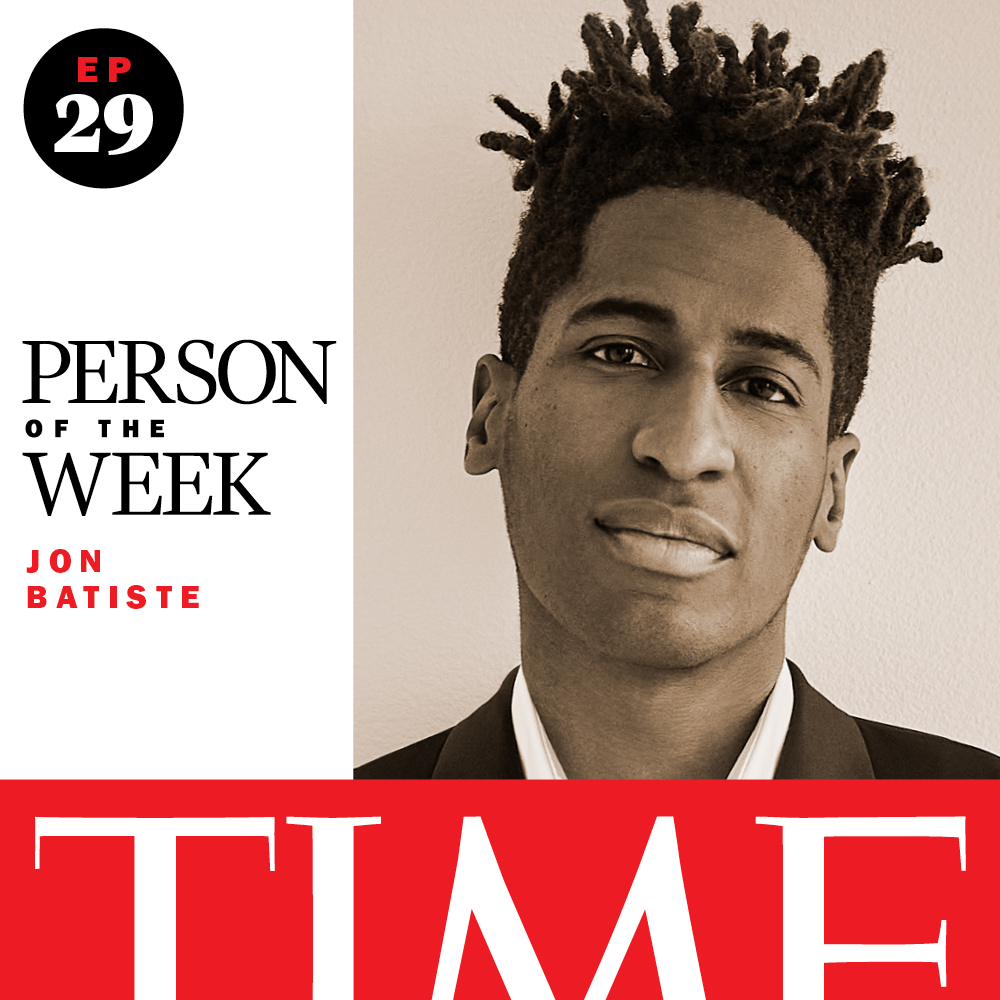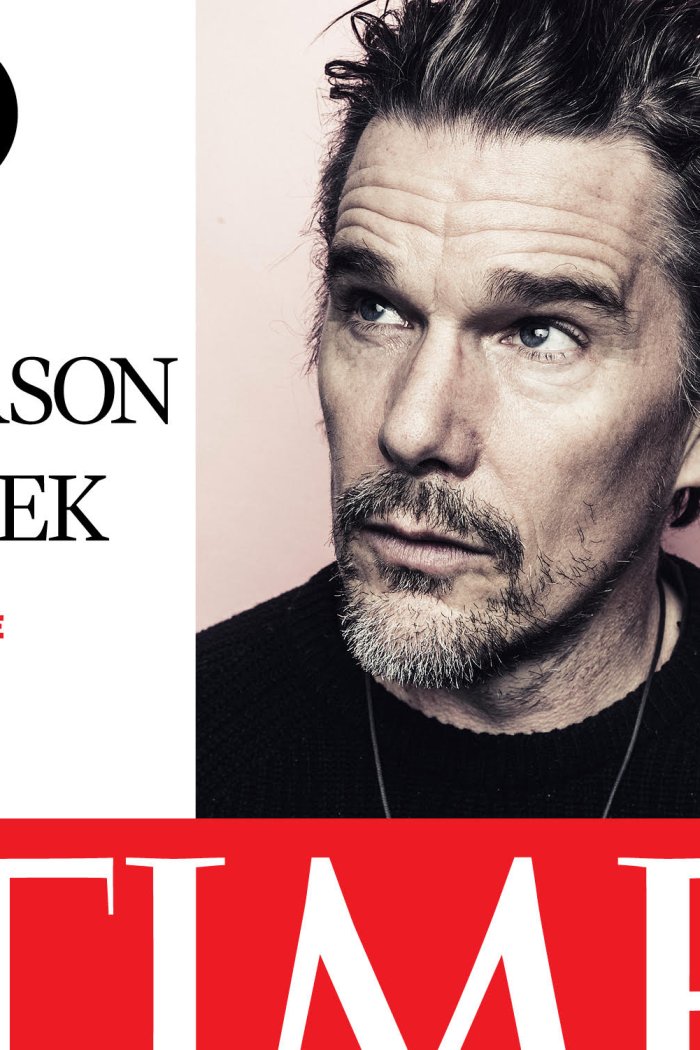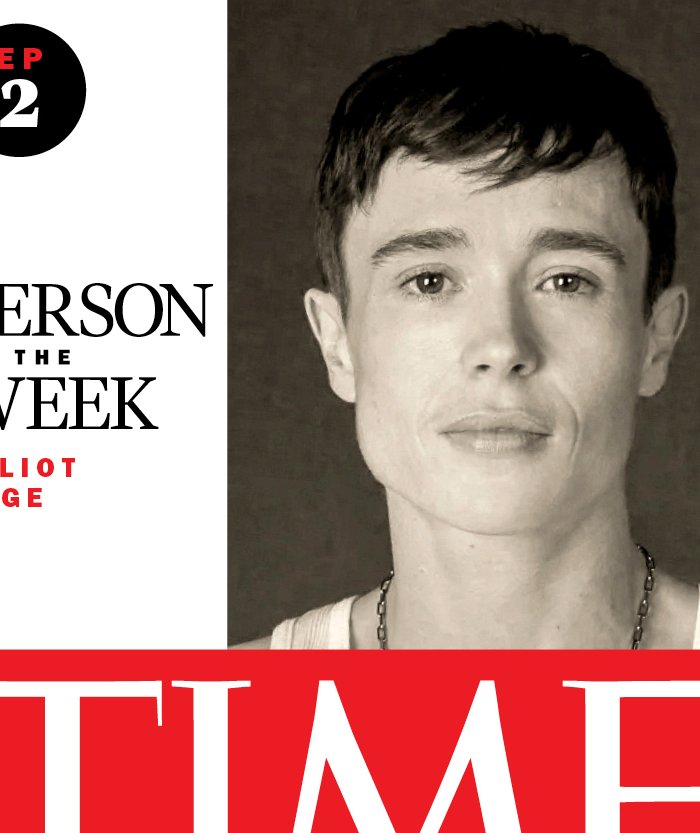There’s nobody quite like Jon Batiste. As one of the most innovative composers of his generation, Batiste is redefining musical expression in the 21st century. His music is a unique blend of jazz, classical, and pop all woven together with his belief that musical collaboration makes us all more human. While many artists are defined by their fan base or their hit singles, Batiste’s cultural influence comes from something much deeper; at a time of strife and uncertainty, Jon Batiste uses music to create a sense of collective joy.
He’s won the Oscar for Best Original Score for the Disney/Pixar film SOUL, served as the band leader for The Late Show with Stephen Colbert, and recently appeared in the 2023 reimagining of The Color Purple. He’s won five Grammys, including 2022 Album of the Year for “We Are.”
And last year, he released American Symphony, a documentary about his year of epic highs and lows: The film traces his life over the course of 2022, when he was nominated for 11 Grammys, won Album of the Year, and performed his original symphony at Carnegie Hall all while helping his life partner, writer Sulieka Jaouad , through a terrifying resurgence of leukemia. The film gets to the heart of Batiste’s artistic philosophy, and explores how music knits together both tragedy and joy.
Now, a song that Batiste wrote for American Symphony, called “It Never Went Away,” has been nominated for the Oscar for Best Original Song. And his latest album World Music Radio just earned him six Grammy nominations, including Album of the Year.
This year, he’s also headlining his first tour, the Uneasy Tour, which he says is about “purifying the airwaves” for the country ahead of the all-important 2024 Presidential election. In this conversation, we talked about growing up in a musical family, how music has seen him through his darkest moments, and why he believes creative community can heal a fractured nation.
Tune in every Thursday, and join us as we continue to explore the minds that shape our world. You can listen to the full episode in the player above, but here are a handful of excerpts from our conversation, which have been condensed and edited for clarity.
On how he developed his musical philosophy with his band, Stay Human:
It’s 2011, 2012, my last year of Juilliard. I’m finishing a master’s degree program. So are [bandmates] Joe, Eddie Barbash, Ibanda Ruhumbika. We’re going down in the subway. We’re playing just for people, because this is part of this philosophy that I was pushing against and really trying to create my own version of what I took from the, the masters. How do I make a Jon Batiste version of this?
How do I make a statement in the modern times? And so I thought, Stay Human. That’s the band’s name. What we play is called social music. It’s music for the people. It’s blending all of the musics to create a new genre, because genre doesn’t exist to me. This is when I started to develop my philosophy.
And we’re going to play for people in the concert [00:40:00] halls and we’re going to play for them on the streets and in the subways. And it’s going to be the highest level of music. It’s going to be like if if Billie Holiday or Duke Ellington or Beethoven, Mozart came down and played in the subway. And not necessarily playing their music, but that’s the level that we’re driving for.
On what it was like to win 11 Grammys and Album of the Year in 2022, the year his wife, writer Suleika Jaouad, faced a resurgence of leukemia:
It felt as though we were carrying a major weight on our back as we were in the middle of this celebration. And no one could see it. It was invisible.
And that was really the hardest part of the moment, knowing where to put your focus and knowing how to be present, because ultimately I think that’s what makes us all the happiest. It makes us all feel that we’re enriched by the moments of our lives is how can we actually be in them. How can we be present when you’re having these milestone moments and how can you savor it and how can you be there in the moments of difficulty and moments of tragedy in your life as well?
How can you be there for the people who are closest to you? How can you be there to process it for yourself? And when you have two things that are pulling in the most opposite directions of that spectrum of life, it’s hard to know how to hold it all. So that’s what it felt like in the moment. I couldn’t describe that to you in that moment, but in retrospect, now I can say that’s what it felt like.
On how he balances his ambition with his creative processes:
It’s always a challenge. It is the fundamental challenge. It’s the art and commerce debate. But how do you make something that you care about? How do you really make something that you really, really believe in? I think that’s a guiding principle that keeps you grounded in your humanity and in your values because for us, Sulieka and I, we have a vision of living a creative life together.
So because there’s that shared value, it allows for us to have creative spaces of our own and creative spaces together.
So the first step is pick the right partner. Because if y’all ain’t aligned on the foundational level, then it’s gonna be crazy. So then, once you have that, which I’m blessed to have, that is the biggest and best resource of life.
So, once you have that, then: okay, so, what do we actually wanna do? Like, what do we actually want to do, versus what is stuff that people want us to do, or we feel pressured to do, or maybe we thought we wanted to do. And it is about that guiding light of, if you’re doing something you care about, a lot of times those other things that are distracting will be stuff that is pulling you away from the thing that you actually value.
On what he hopes to accomplish with his “Uneasy Tour: Purifying the Airwaves for the People” his first North American headlining tour, launching Feb. 16:
We’re going through the United States of America during the most pivotal election in the history of the country, arguably the history of this country. You could say that this election is really the fight to save democracy.
And we’re going through these areas of the country and swing states in the country, states where there’s a great responsibility and there’s an uneasiness that I feel…
I think, you know, we always have to connect back to that humanity and being able to see each other, because right now we only see left and the right. We only see a binary. And the other side is almost inhuman at this point.
We’re not voting, we’re not living, we’re not coexisting based on logic and humanity anymore. It’s this weird warped emotion and post-truthism that is out of control. And I think it’s really something that I’m very, very bothered by and I think music and art and expression has a major role to play in that.
So ultimately, the goal is to really inform people and comfort people and give them a space within their community to see other people who they may not normally see or probably don’t agree with and have this experience together. And that leaves the community in better standing and better harmony… So we’re going to be doing that. We’re going to be going into schools and community centers. And we also will be registering people to vote
- Inside Elon Musk’s War on Washington
- Meet the 2025 Women of the Year
- The Harsh Truth About Disability Inclusion
- Why Do More Young Adults Have Cancer?
- Colman Domingo Leads With Radical Love
- How to Get Better at Doing Things Alone
- Cecily Strong on Goober the Clown
- Column: The Rise of America’s Broligarchy


